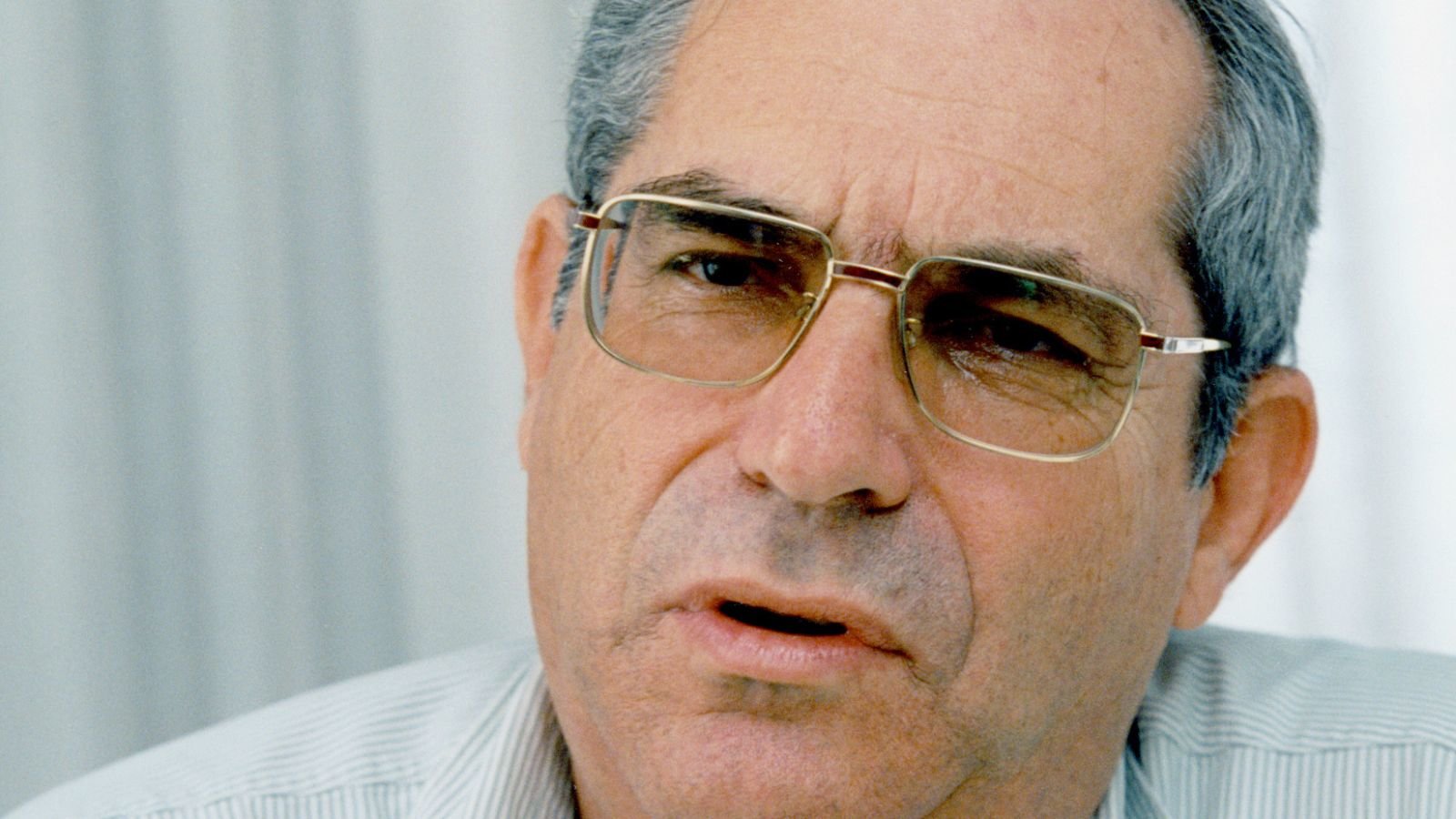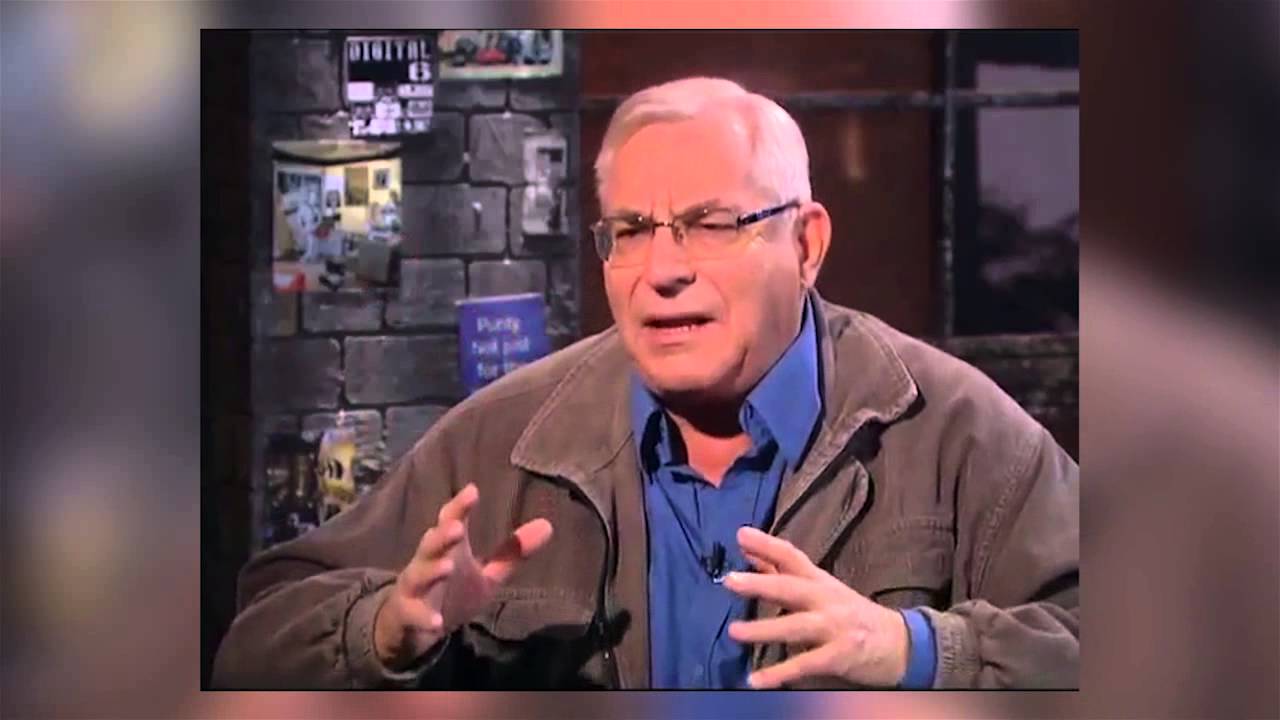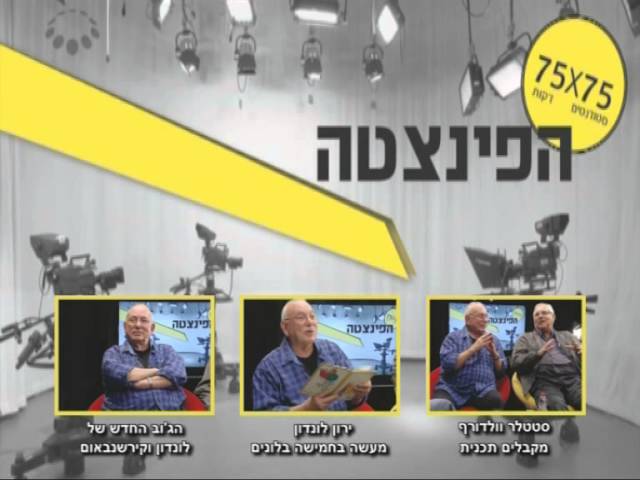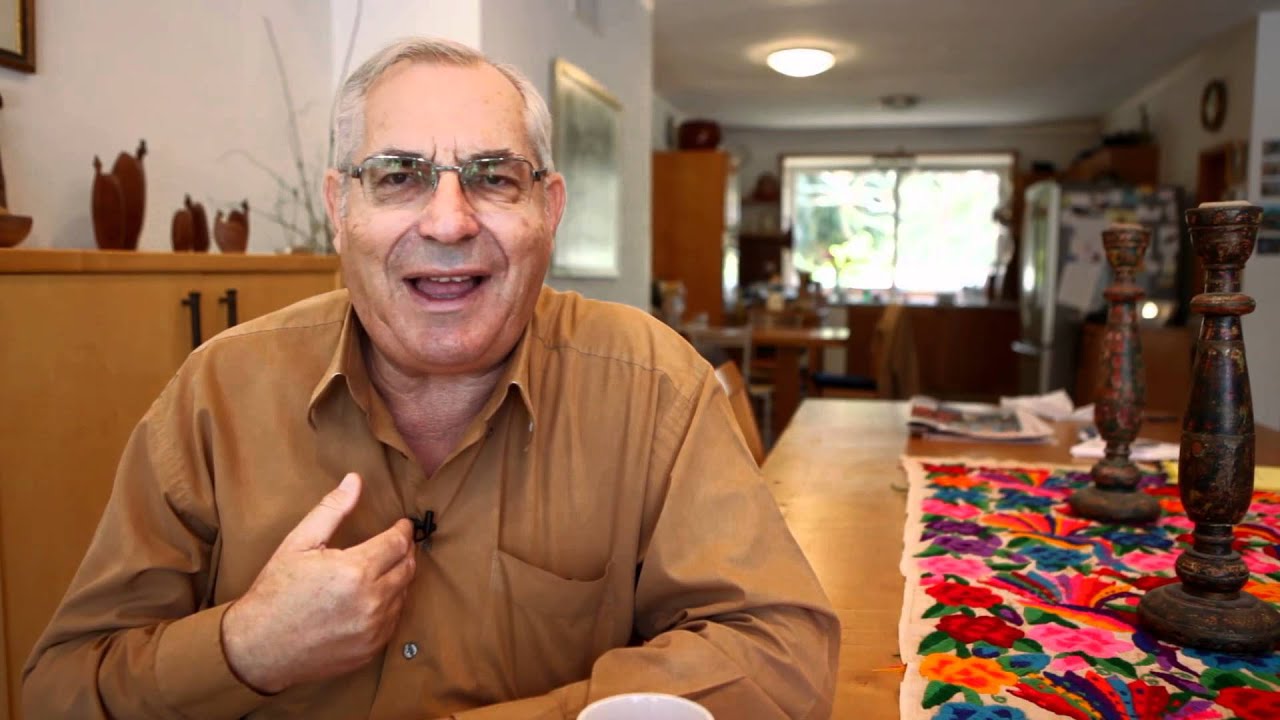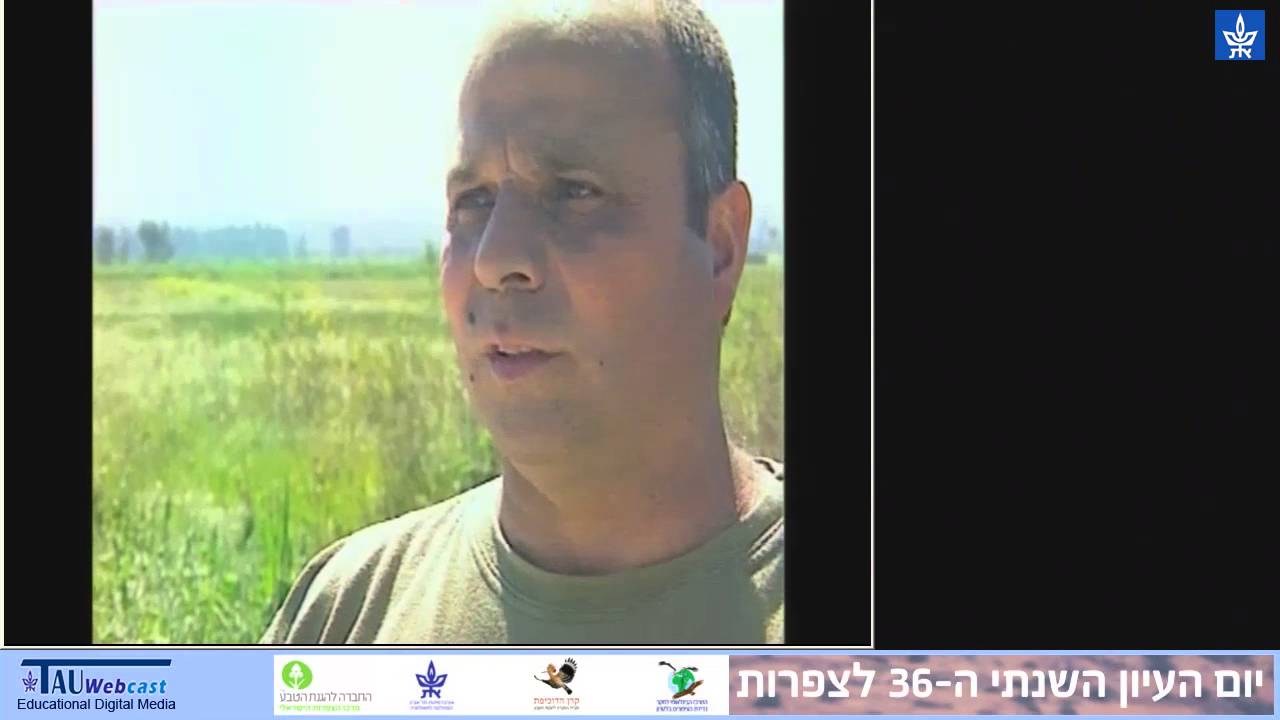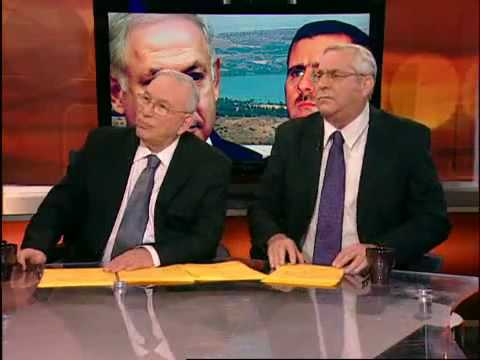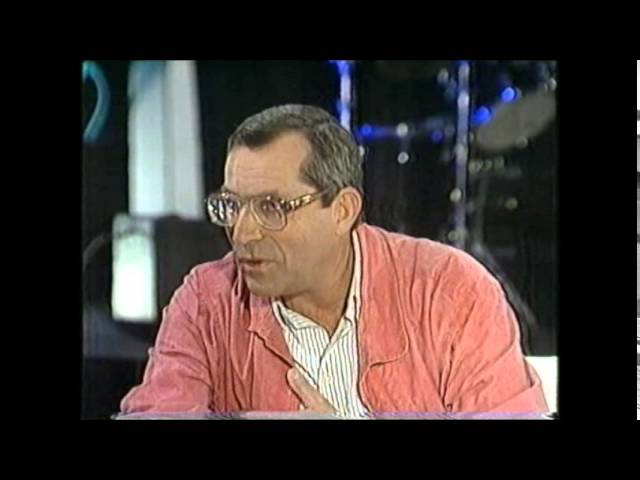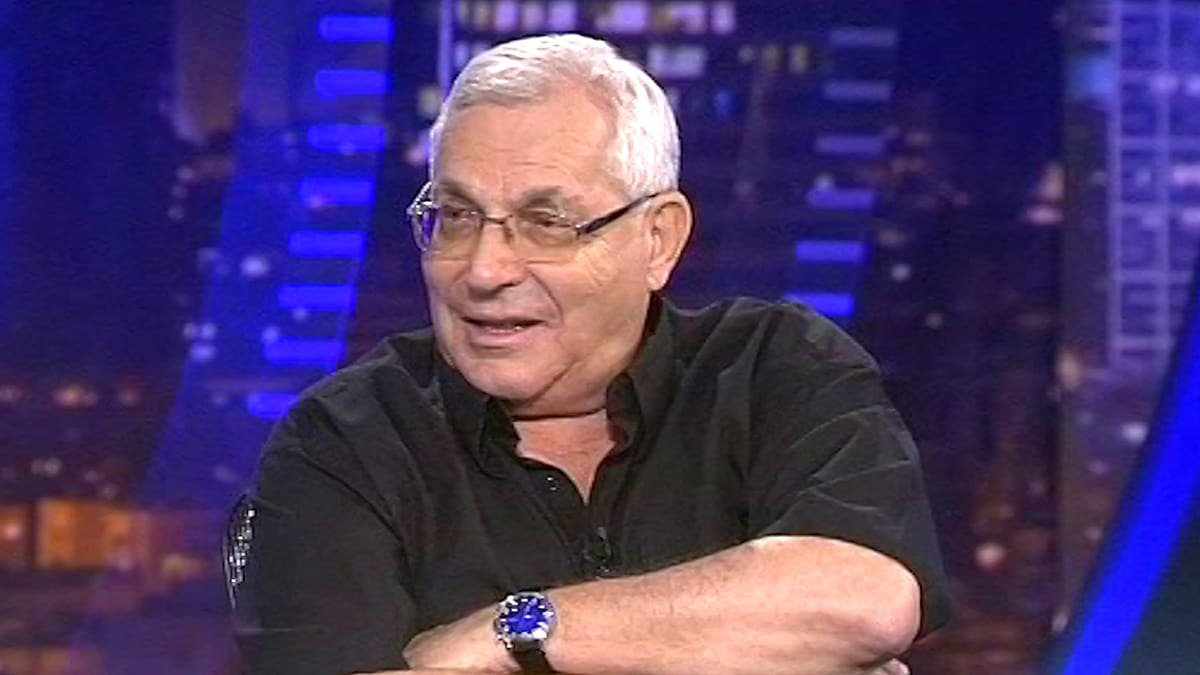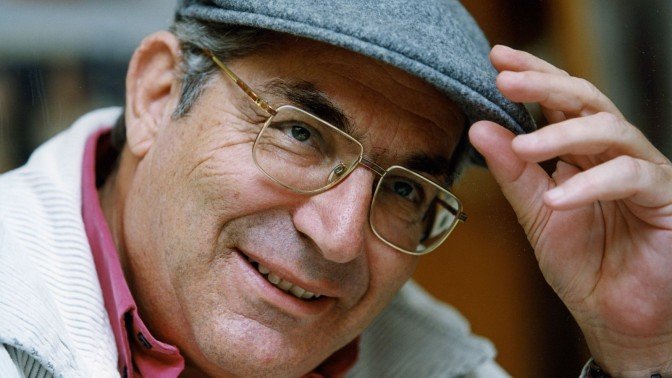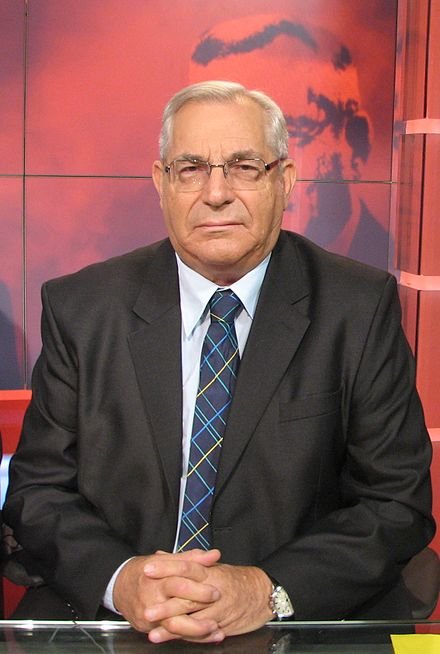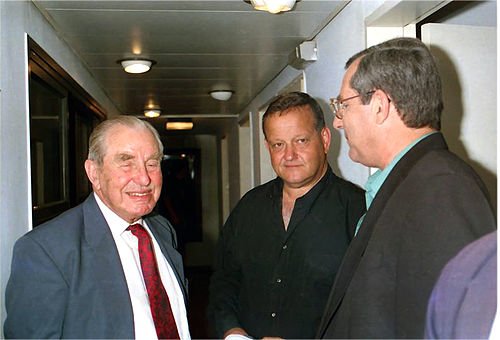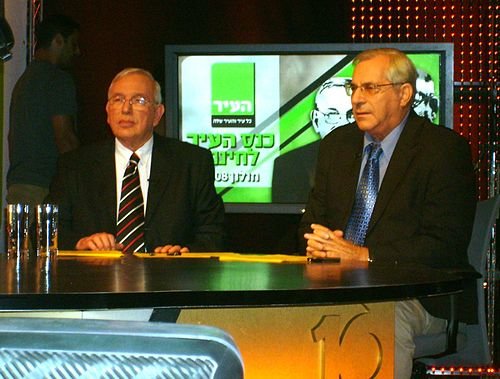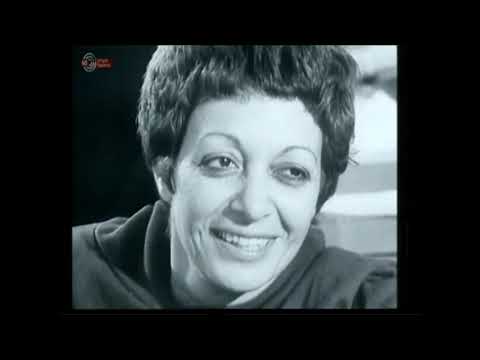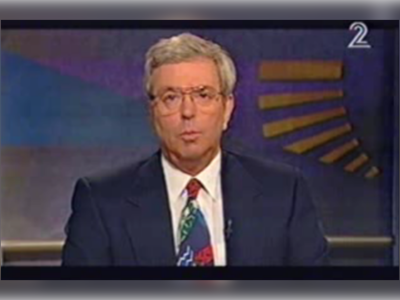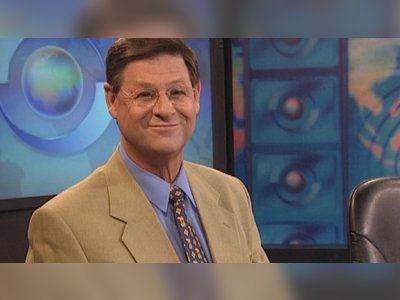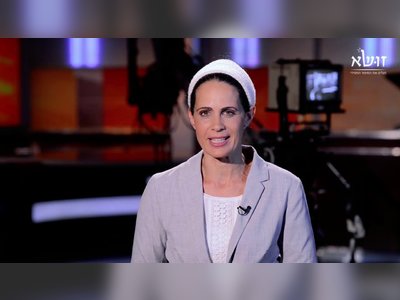Motti Kirshenbaum: A Legacy of Israeli Television and Satire
Motti Kirshenbaum, born on September 24, 1939, was a multifaceted figure in Israeli media. He was a director, producer, TV host, journalist, satirist, and a prominent figure in Israeli television. His career spanned several decades, during which he made significant contributions to Israeli entertainment and journalism. This documentary-style article will explore the life and accomplishments of Motti Kirshenbaum.
Early Life
Motti Kirshenbaum was born in the village of Kfar Saba in 1939 to immigrant parents from Poland, Barbara and Avraham Kirshenbaum. He had a younger sister named Ruth. His father, originally from the Melody family, arrived in Israel in 1932, and his mother, from a well-established family, followed shortly after.
The two met in Warsaw and immigrated to Israel together with certificates. They settled in Kfar Saba, where Motti's father opened a clothing store selling clothes from the Ata factory.
Kirshenbaum attended the "Bialik" elementary school in Netanya and later the "Hachla'i" agricultural high school in Pardes Hanna. He was a member of the "Bazak" youth movement in Tzofim (Israel Scouts). In 1958, he enlisted in the Israel Defense Forces and served in the Nahal Brigade. In the early 1960s, he studied cinema and television at the University of California, Los Angeles (UCLA).
During his time in Los Angeles, he also worked as a correspondent for the "Yedioth Ahronoth" newspaper, covering the Hollywood film industry and contributing articles to the newspaper's "7 Yamim" magazine. While pursuing his second degree, Kirshenbaum was asked to return to Israel in 1966 to assist in establishing Israeli television.
He played a pivotal role in editing the news program "Mabat" and later produced the satirical television show "Nikui Rosh," for which he received the Israel Prize for Radio, Television, and Film Arts in 1976.
Career Highlights
Kirshenbaum was involved in various documentary films and television articles throughout his career. Notable works included documentaries about the aftermath of the Yom Kippur War ceasefire, the documentary series "Aleh Borot Hamayim," and articles for Channel 1's "Yoman" magazine.
He was known for his dedication to showcasing Israeli nature and uncovering unique individuals from peripheral areas. One of the individuals he highlighted in his articles was Zjozjo Abotbul, who became a well-known radio host after being featured in Kirshenbaum's writings.
In 1976, Kirshenbaum was appointed as the head of programming for Israeli television. During his tenure, he had to contend with a sharp decline in viewership on Channel 1 due to the emergence of commercial Channel 2. One of his achievements as the director was elevating the documentary series "Tikuma."
In the 1980s, Kirshenbaum worked as an independent producer and director for films and entertainment programs. He directed the satirical political cabaret "Be'avor Hokan Dollarim" (1985) for the comedy group "Gashash Hachiver."
Every few years, he collaborated with B. Michael and Ephraim Sidon to create satirical political cabarets, such as "Toldot Im Yisrael: Tikunim VeHaslamot" (1986). Later in his career, he directed documentaries like "Nifga'ei Charda" ("The Stage," 2010) and "Roim T'sof" (2015).
In 1993, Kirshenbaum was appointed as the CEO of the Israel Broadcasting Authority (IBA) by the then-Minister of Communications, Shulamit Aloni. During his time as CEO, he had to deal with a significant drop in viewership on Channel 1 following the introduction of the commercial Channel 2. One of his notable achievements as CEO was the production of the documentary series "Tikuma." He completed his role as CEO in 1997.
Kirshenbaum later hosted the talk show "London and Kirshenbaum" on Channel 10, alongside Yaron London, and produced nature documentaries filmed in Africa. He also hosted the television program "Hamoe'mad," which covered the Israeli parliamentary elections.
In his program "London and Kirshenbaum," he openly expressed his left-leaning political views, which led to a heated confrontation with Silvan Shalom, accusing him of insincerity regarding the Golan Heights agreement with Syria despite Shalom's public support for peace, an accusation Kirshenbaum deemed disingenuous.
In October 2009, Kirshenbaum received an award for his lifetime achievements from the Tel Aviv Journalists Association, along with Yaron London and Savi Floersheimer, in recognition of their contributions to Israeli media. In the same year, he appeared in the TV series "Kofiko."
Later Life and Legacy
In 2010, Kirshenbaum played the role of Abraham in the film "Zohi Sodom," alongside the cast of the satirical series "Eretz Nehederet." In the same year, he directed the play "Shirei Milchama" written by Shai Goldstein at the Habima National Theatre.
In 2012, Kirshenbaum was awarded the Israeli Academy of Television's Lifetime Achievement Award. In an interview with Nadav Bornstein, he summarized his 50-year career and stated that he would continue broadcasting until the very end.
In 2014, Kirshenbaum was honored with the "Amitei Kavod" (Honorary Fellow) award from the Ruppin Academic Center. The award recognized his role in shaping Israeli media and public discourse, as well as his contributions to environmental awareness through the nature documentaries he produced.
Throughout his life, Kirshenbaum remained an avid sports enthusiast. In the last 15 years of his life, he hosted a sports segment on the weekly entertainment program "Bilui Na'im," alongside Muli Shapira on Galei Zahal (IDF Radio).
Motti Kirshenbaum passed away on September 25, 2015, from heart failure at his home in Mekhmoret, just one day after celebrating his 76th birthday. His legacy lives on through his four children, grandchildren, and his partner, Chani Ilan. Following his death, a legal battle ensued between his children and his partner regarding his will.
In December 2018, the series "Yomaney Kirshenbaum," created by his son Ben, aired on Channel 8. The series focused on Motti Kirshenbaum's greatest works and contributions to Israeli media.
- מוטי קירשנבאוםhe.wikipedia.org
- מסע חייו של מוטי קירשנבאום היה שלוב בתולדות השידור הציבורימסע חייו של מוטי קירשנבאום היה שלוב בתולדות השידור הציבורי: הוא החל את עבודתו בצוות ההקמה של ערוץ 1, ניסה יותר מאחרים להפגין את עצמאותה של הטלוויזיה בקריאת התיגר הסאטירית על השלטון, והיה הראשון שנדרש להתמודד כמנכ"ל רשות השידור עם כניסת הטלוויזיה המסחרית לישראלthe7eye.org.il
